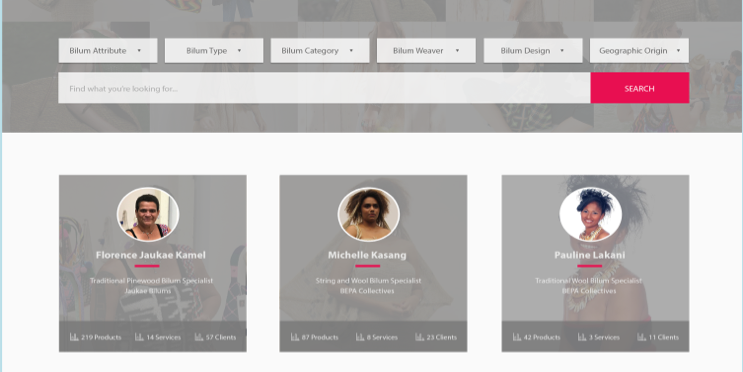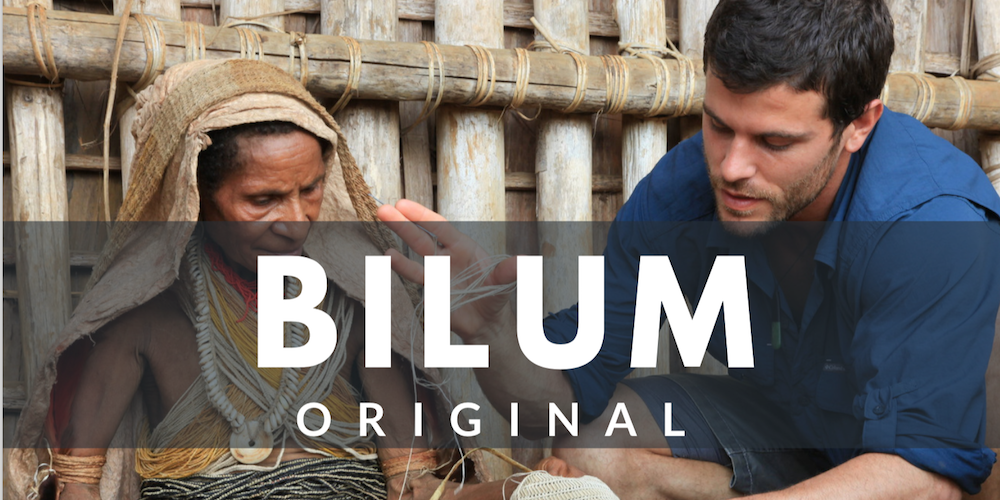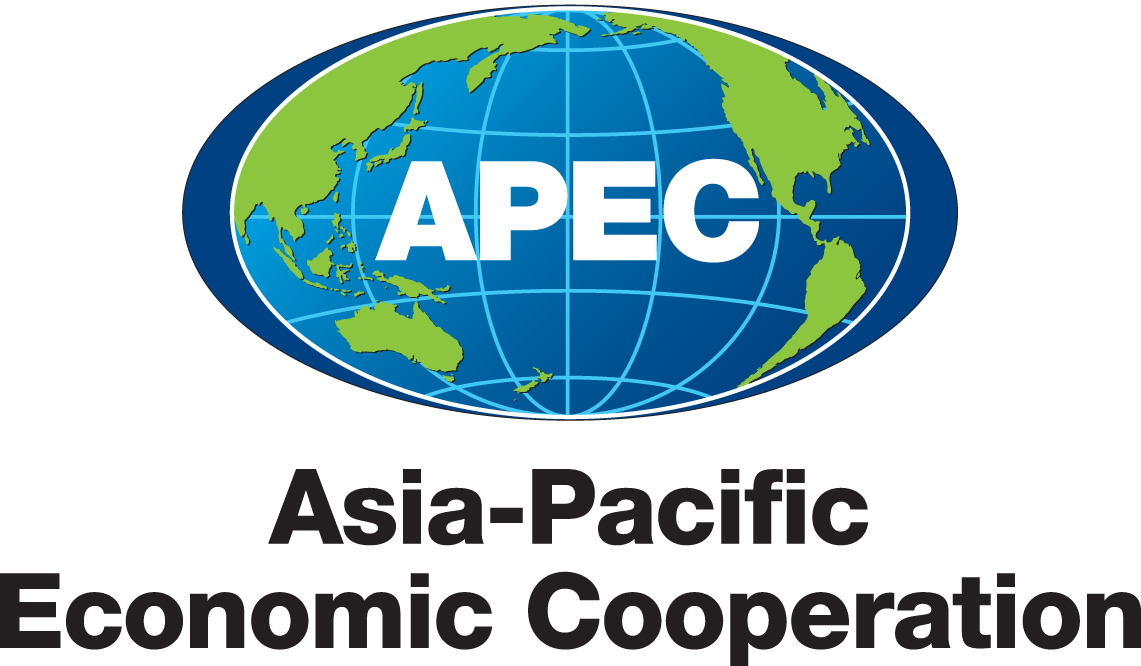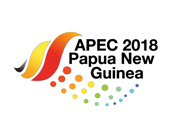Last page update:
See The Winners
 |
 |
 |
🥇 1st Place |
🥈 2nd Place |
🥉 3rd Place |
Papua New Guinea |
Australia |
Viet Nam |
Crystal Kewe and Jonathan Kewe |
Kelly Benson and Venus Izadi |
Ngô Minh Quốc Hưng and Nguyễn Đức Hiệp |
| Biluminous indexes individual artisans and bilum cooperatives and aggregates bilum cultural knowledge onto an integrated platform for the global buying market. It generates profiles for individual artisans and groups, preserves and orgainizes design patterns, and allows for integration with a range of e-commerce solutions.
|
Bilum Original connects buyers and makers of bilums through a dynamic matchmaking algorithm connected to a simple SMS interface for sellers. The platform provides greater transparency through the bilum supply chain and increases weavers' income generation opportunities. | Unicraft is a blockchain-enabled platform that identifies artisans, verifies the provenance of bilums, and shares the personal stories of the sellers with buyers from all over the world. By storing each bilum artisan's certificates of authenticity on a blockchain, Unicraft allows for permanent and universally accessible verification of unique handicraft products.
|
About
How can APEC’s software developers help micro and small businesses grow?
During APEC in 2018, under the theme of “Harnessing Inclusive Opportunities, Embracing the Digital Future,” many high-level discussions will take place around the goal of improving the opportunities available to micro and small enterprises. Micro, small and medium-sized enterprise (MSMEs) make up roughly 98% of all businesses in the Asia-Pacific and employ two thirds of the region’s labor force, but account for only a small fraction of total exports and often struggle to expand to new markets. While online platforms for ecommerce and advertising have dramatically improved MSMEs' ability to integrate with global value chains and grow their businesses, many small-scale artisans and entrepreneurs in the Asia Pacific lack the tools or knowledge to take advantage of these opportunities. Women artisans and cooperatives - especially those in remote and rural areas - often face the greatest difficulties in accessing these opportunities. Participants in the 2018 APEC App Challenge will use their software development and design skills to help micro and small entrepreneurs access more online business opportunities and engage in expanded trade.
Challenge
Build an online tool or app that can help micro and small handicraft enterprises employ e-commerce platforms more effectively and access more market opportunities, build brand identity, or connect to new markets..
App Challenge participants will build new mobile and web tools that extend the capacity of entrepreneurs to sell or market their products online, especially by enhancing the impact of existing e-commerce platforms and tools that already operate at scale in the region. Successful App Challenge projects could include solutions that amplify the reach of local sellers, features that help producers’ tell their stories in new ways, or new tools for sellers to gather business intelligence on the platform.
Partners





